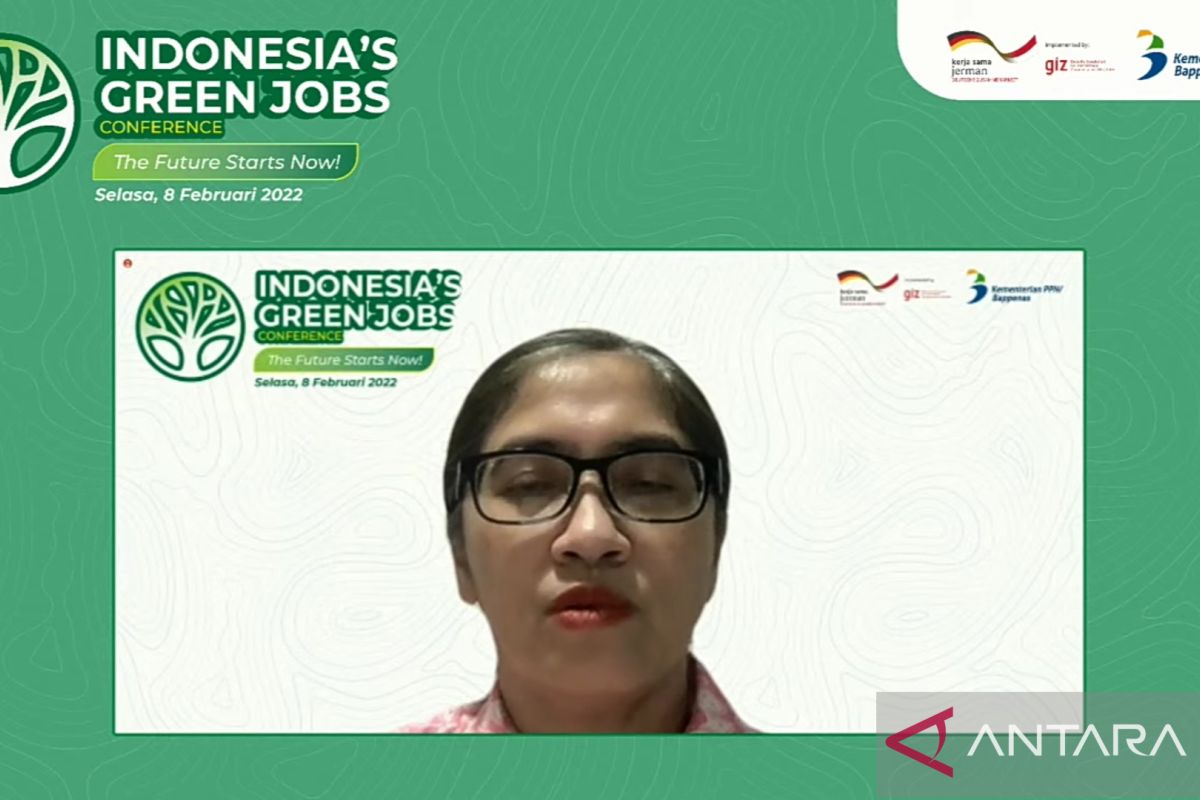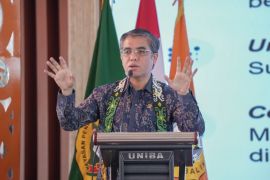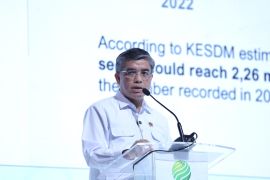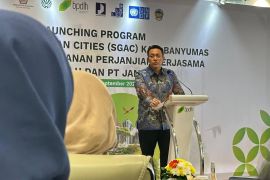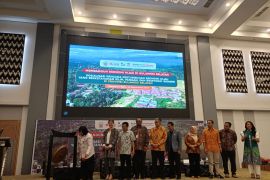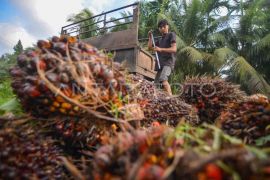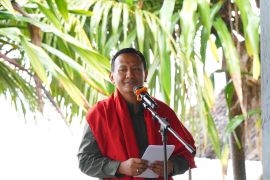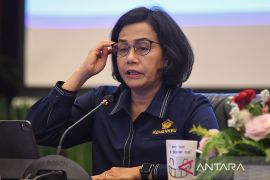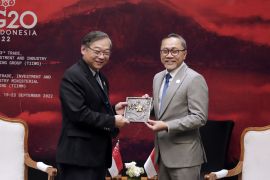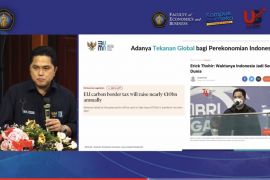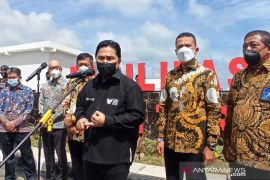...all stakeholders in Indonesia have noted that economic transformation to green economy is key to increase national productivity.Jakarta (ANTARA) - Investment in the green economy sector can create seven to 10 more job opportunities than the conventional economy sector, director of manpower at the National Development Planning Ministry, Mahatmi Parwitasari Saronto, has said.
"The green economy sector is considered more labor-intensive thanks to renewable energy development, electric vehicle industries, and improved waste management," she said at the 'Conference on Green Jobs,' accessed from here on Tuesday.
However, despite its enormous potential, employment in the sector still poses various challenges, such as the absence of an agreeable definition of green jobs that can be used consistently, especially for policy-making, she noted.
In addition, Indonesia lacks quality human resources for green jobs due to limited education and training in the skills required in the green economy sector, she said.
"Meanwhile, all stakeholders in Indonesia have noted that economic transformation to green economy is key to increase national productivity," the director added.
A green economy can generate inclusive and sustainable economic growth, Saronto noted. Thus, it can help Indonesia escape from the middle-income trap and become a high-income country by 2045, she highlighted.
While implementing a green economy, the Indonesian government will also implement low-carbon development, which will not only increase economic growth but also reduce carbon emissions by 27.3 percent by 2024, she said.
The low carbon development will be implemented through five main strategies—waste management and circular economy implementation, green industry development, sustainable energy development, low carbon marine and coastal development, as well as sustainable land restoration, she added.
Related news: Optimizing green economy transition through systemic policies: gov't
However, currently, Indonesia is still facing several challenges to realizing a green economy transition, such as limited access to green economy funding and technology transfer, she pointed out.
Hence, the government is striving to carry out more international cooperation, which will be beneficial for all parties and in accordance with Indonesia's national goals to establish green industries and achieve net-zero carbon emissions by 2060, she informed.
"Thus, the government will formulate strong and effective policies to strengthen the collaboration among various parties regarding green economy development,” Saronto added.
Related news: Green economy to create 4.4 million new jobs: Bappenas
Translator: Sanya Susanti, Uyu Liman
Editor: Rahmad Nasution
Copyright © ANTARA 2022
